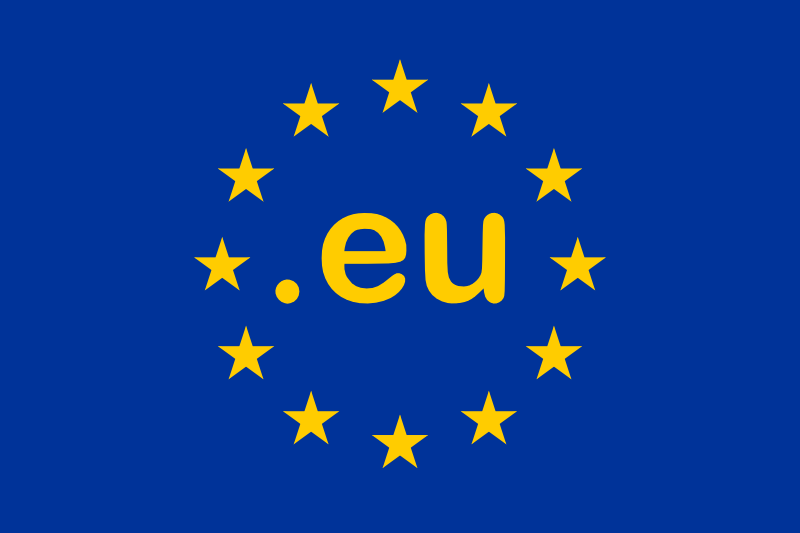EU calls for flexibility to ensure successful global trade talks
 Brussels - European Union officials Thursday urged all sides taking part in next week's key global trade talks in Geneva to be flexible, warning that failure to reach a deal would hamper economic growth.
Brussels - European Union officials Thursday urged all sides taking part in next week's key global trade talks in Geneva to be flexible, warning that failure to reach a deal would hamper economic growth.
"The growth of the global economy is not something that happens of its own accord, without political choices," said the bloc's chief negotiator, EU Trade Commissioner Peter Mandelson.
"The openness that has powered the global economy for the last decade is the result of trade deals made fifteen years ago. We have cashed in those political choices. The growth and further market opening of a decade from now will hang on the choices we make now," he added.
The commissioner said the EU would go to Geneva having done "all that is realistically" possible to secure a "balanced and ambitious" deal".
"All negotiators need to do their fair share of the heavy lifting to make next week's ministerial meeting a success," he added.
Starting Monday, World Trade Organization (WTO) ministers will seek an agreement on the Doha Round, which is designed to liberalize global trade by removing barriers.
The negotiations have been dragging on since the round was launched in the Qatar capital in November 2001, amid disputes over subsidies to farmers by the US and EU and tariffs on industrial goods imposed by the developing economies of Asia and Latin America.
One major obstacle involves the export of bananas to the EU. Latin American countries want Europe to stop providing more favourable trade conditions to its former colonies in Africa, the Pacific and the Caribbean.
EU officials confirmed Thursday that they were willing to accept a compromise, drafted by WTO head Pascal Lamy, whereby the bloc would gradually lower its import tariffs on Latin American bananas.
The EU "will not bloc" Lamy's proposal on bananas, Mandelson said.
Observers note that the EU's negotiating power risks being undermined by the tepid support for Mandelson from France, one of the EU's most protectionist countries.
Last month its president, Nicolas Sarkozy, raised eyebrows in Brussels by blaming Mandelson for Ireland's rejection of the EU's Lisbon treaty.
Saying this was not the first time in his career that he had been wrongly blamed, Mandelson noted that he had received a clear mandate to negotiate from member states, despite the fact that they may have "different priorities".
The EU's agriculture commissioner, Mariann Fischer Boel, responded to the concerns of French farmers by saying freer trade would bring benefits, and not just costs, to the agricultural sector.
"The EU will not accept a deal at any price", the commissioner added.
EU ministers were due to hold a final preparatory round of talks among themselves in Brussels on Friday. (dpa)